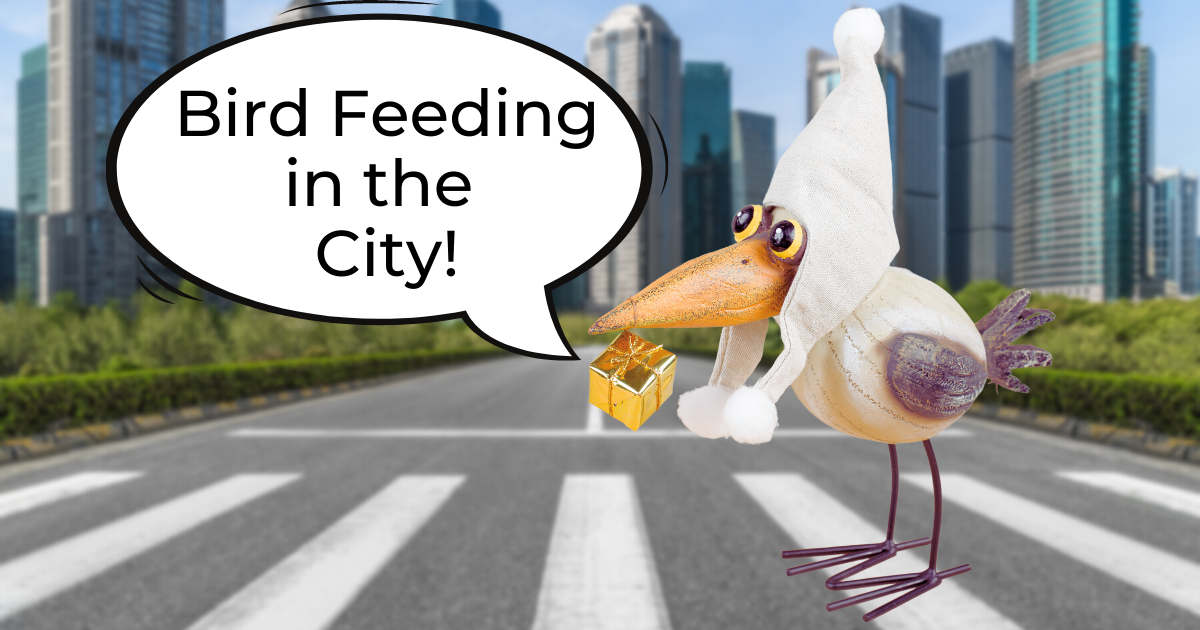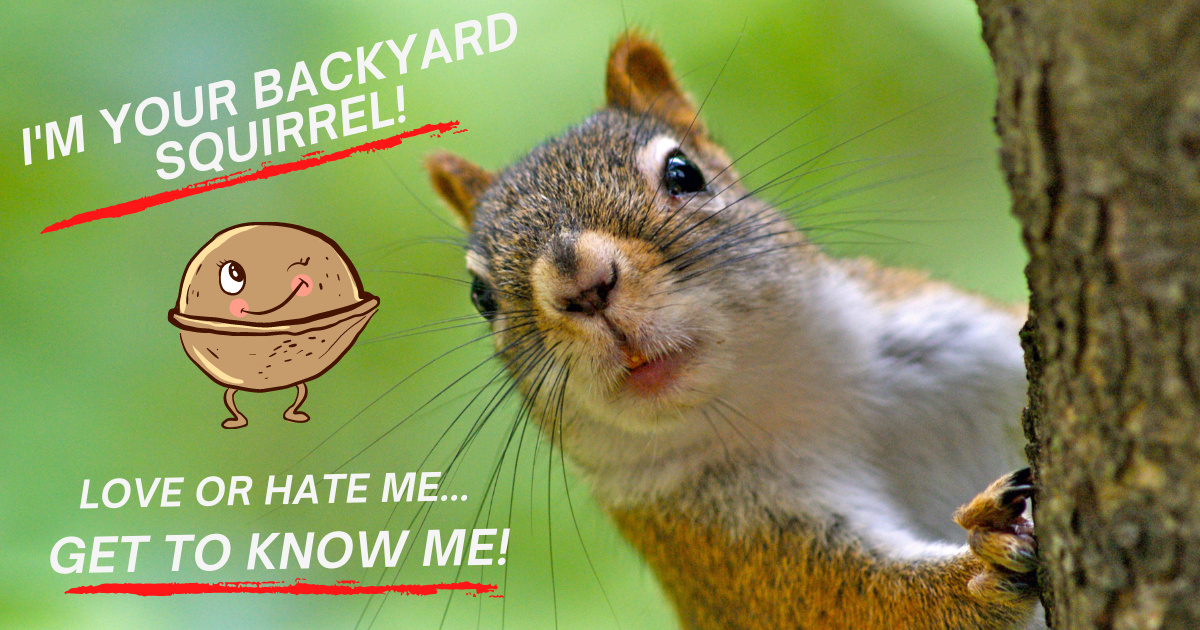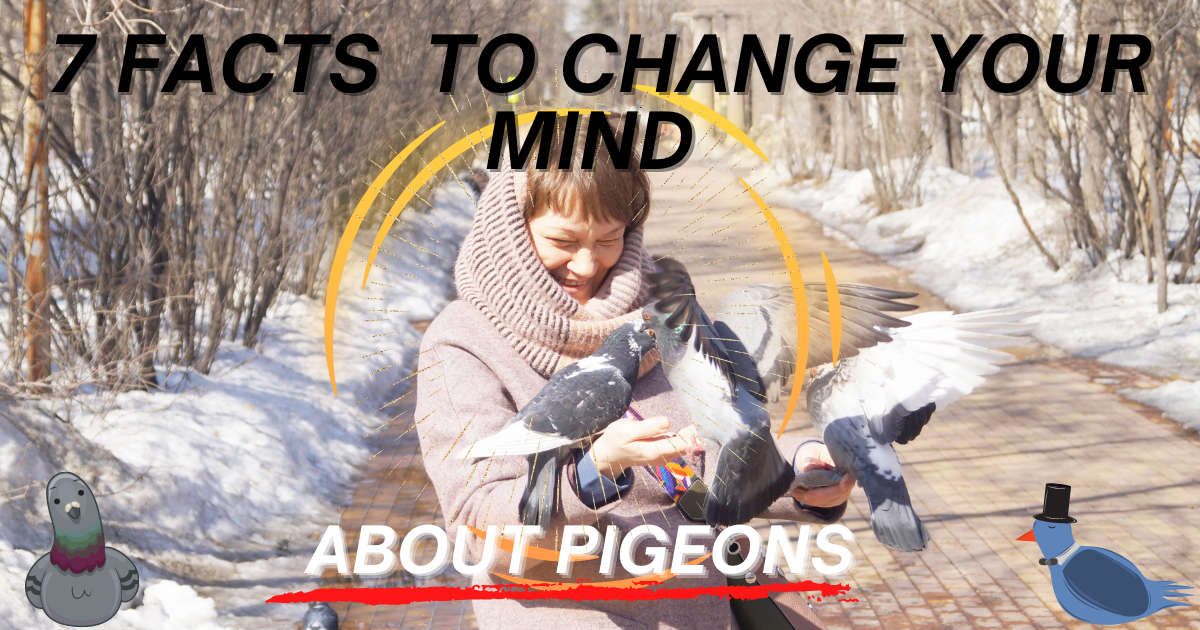
Living in the big city where there are more sky-scrapers than tall trees, one would think that birds would be few and far between. But at the end of the day, birds will go wherever food is offered to them, even if you live on the 26th floor.
Most of us city dwellers would love to see more nature through our windows to complement the billboards and grey skyline. By simply providing a spot on your window or terrace with food and water, you may just find a few curious creatures nibbling on your seeds and keeping you company.
Some feeders can be attached to any window no matter how high the floor you live on, as they are firmly attached with industrial strength suction cups.
And then, may the games begin.
Songbirds and other wildlife have adapted to the urbanised habitats we have taken over. They have found how to feed themselves despite the lack of natural resources and have invented creative new ways to find raw materials to build their nests.
Bird feeders can help these majestic songbirds to survive even longer, recreating the natural habitat we have urbanised and balancing our own city life with a touch of nature. And maybe also... a touch of music, chirps and wind-chimes.
In fact, the #1 practice in staying connected with nature - is bird feeders. Bird feeding has become the second largest hobby in the US. Over 55 million Americans ranging from 16-90 year olds have feeders both in town and in the country.
Which birds can I possibly see in the city which aren’t pigeons or starlings?
You’d be surprised. Over 2000 birds have adapted to city life, globally. That’s 20% of all bird species. Here’s the effect of the city on birds.
Other than doves, starlings and pigeons - here are some surprises you might find pecking at your window.
In the big city, West coast or East - you may find blue herons (if there are rivers nearby,) cardianls, finches, warblers, thrashes, ospreys, egrets and many more!
Try putting a bird feeder with the right seeds - and see who comes to your window.
Finches are so adaptive, they will even do THIS to survive!
How is this adaptation to the big cities even possible?
City birds have found ways to communicate with each other despite the cacophony of city noise. According to research conducted by the Smithsonian Conservation Biology Institute and the Smithsonian Neighborhood Nestwatch, this adaptation involves the pitch of their chirp, as well as behavioral changes caused by city temperatures.

Their research focused on seven species of songbird - among them northern cardinals, robins and wrens. Communication is highly important for birds, whether it’s claiming territory, recognizing each other or mating. In the big cities, birds have developed a higher pitch to their chirp to rise above the city hum. On the other hand, this high pitch can be distorted by the hard surfaces of built-up areas, so the birds sing at an even higher pitch. Other research showed that some birds don’t migrate any more as city winters have become warmer due to the island effect.
And because many of our city flyers don’t make these long migration journeys any more, the mating season can start way earlier. By staying put, it’s easier to avoid the competition when looking for nesting locations, as well as avoiding the diseases brought back from the flyers the did migrate. Adaptation never ceases, or ceases to surprise.
How Elmira Mustakimova enjoys the company of birds in her city - the easiest pet in the world!
Avoiding diseases and crowds by your bird feeders
Whether you live in the city or in more rural areas, birds can sometimes bring disease. The way to avoid them is cleanliness. They don’t say cleanliness is next to godliness for nothing.
We ourselves can cause contamination when we let seeds accumulate in the feeder and don’t change them. These seeds slowly decompose, more quickly if the seeds get wet which can cause salmonella - anathema for birds.
So the simple solution is to clean your bird feeders. It is recommended to clean them every two weeks.
How?
Take the Nature Anywhere feeder apart and wash the pieces thoroughly with soap and boiling water. You can also rinse the feeder with a diluted bleach solution made up of 1 part bleach to 9 parts water. After rinsing off the soap or bleach, allow the feeder to dry completely before refilling with seeds.
Another way to keep birds clean and safe is to avoid overcrowding. Bird-bullies are quite a phenomenon, but there are ways to avoid it.
-

Bird cages: You have to be THIS big to enter!
Large birds often bully the smaller songbirds at the bird feeder. To avoid this, try enclosing your feeder with a wire mesh that allows only the smaller birds to enter, keeping the bullies out. Also… it’s always good to remember these “bullies” are merely trying to survive in the big city. -
Weight-Activated Feeders:
When larger birds (or squirrels, for those in more rural areas) land on the feeder’s perch, the weight ports gauge their size and shut down the access to the seeds automatically. This allows smaller birds to feed without competition. -
Ground rules:
If you live on higher floors, then you won’t have this problem, but if you live closer to the ground, try to keep the ground beneath clear of fallen seeds. Birds are messy eaters, and some of the seeds they peck fall to the ground, which attracts unwanted guests (squirrels, larger birds.) If you to clean ground adhere, your songbirds will be clear.
At the end of the day, most research shows that having birds around has a positive effect on our welfare, in country or city. Whether it's just observing them from home or hiking to see them - it gives us a little pause in life, to connect with nature. Research concludes that there are “physical, psychological, educational and social benefits from interaction with nature” as well as meditative and relaxing benefits. You can go hiking in the forest to catch a good glimpse or you can stay put in your metropolitan home. And all you need is a bird feeder, a chair and a good cup of coffee.




Leave a comment
All comments are moderated before being published.
This site is protected by hCaptcha and the hCaptcha Privacy Policy and Terms of Service apply.